September 21, 2023
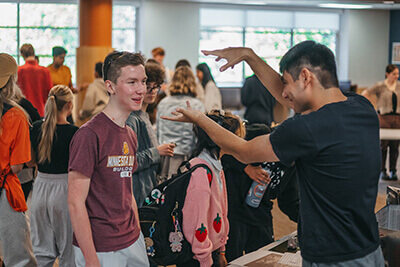 from Mark Segal, Upper School director
from Mark Segal, Upper School director
Looking Ahead
- Monday, September 25: No Classes, Yom Kippur
- Tuesday–Saturday, September 26-September 30: MPA Homecoming Week
- Tuesday, September 26: PJ Day
- Wednesday, September 27: Dress Like Your Favorite Character Day
- Thursday, September 28: Anything But a Backpack Day
- Friday, September 29: Homecoming Shirt/MPA Spirit Day
- Friday, September 29: All School Homecoming Assembly, 2:20-3 PM, Lansing Sport Center
- Upper School Student BBQ and Bonfire, 5-8 PM, Benz Courtyard
- Saturday, September 30: Homecoming Events @ MPA
- Upper School Homecoming Dance, 8-11 PM, Upper School Commons
- Tuesday, October 3: Senior Performances, 8-9:15 AM, Recital Hall
- Wednesday, October 4: Class of 2024 Cum Laude Society Inductions, 7:30-8 AM, Recital Hall
- Thursday, October 5: PA Upper School Parent Quarterly Coffee, 8-9:30 AM, PCR
- Friday, October 6: Picture Retake Day
- Senior Retreat & Dinner, 8-6:30 PM, Off Campus and MPA
- Monday, October 9: No Classes, Indigenous Peoples’ Day
- Wednesday, October 11: Grade 10 & 11 PSAT Testing
- Thursday, October 12: All School Parent/Student/Teacher Conferences, 3:30-8 PM, MPA
- Friday, October 13: No Classes, Parent/Student/Teacher Conferences, 8-5 PM, MPA
- Wednesday, October 18: Special Upper School Programming
- 9th Grade: 8 AM-3 PM, Off Campus Activity
- 10th Grade: 8 AM-12 PM, Pre-ACT (noon dismissal)
- 11th Grade: 8 AM-12 PM, Mock-ACT (noon dismissal)
- 12th Grade: No Classes, day used for college visits or applications
- Thursday, October 19: No Classes, Fall Break
- Friday, October 20: No Classes, Fall Break
- Thursday, October 26: MPA Upper School Blood Drive, 12-5 PM, MPA
- Friday, October 27: Senior Performances, 8-9:15 AM, Recital Hall
According to Chris Dibble, Albert Lea Minnesota high school principal, “Homecoming is an annual event that holds immense importance in the lives of students, alumni, and the broader school community. It is more than just a dance; it is a celebration of school spirit, tradition, and the sense of belonging.” Within the MPA Upper School, Homecoming is one of the anchors of the community as it helps set the tone for the year and is taken very seriously by our students. The week consists of various themed dress–up days, spectacular hallway decorations, an all-school pep rally, and a noticeable boost of school spirit. Read More
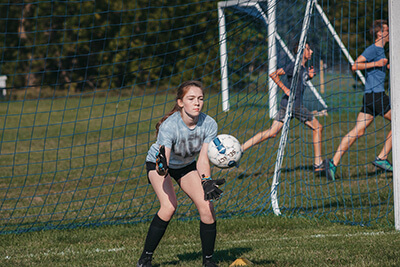 Faculty and Staff Appreciation
Faculty and Staff Appreciation This message is from MPA’s Office of Admission from the September 21, 2023 issue of InsideMPA.
This message is from MPA’s Office of Admission from the September 21, 2023 issue of InsideMPA. 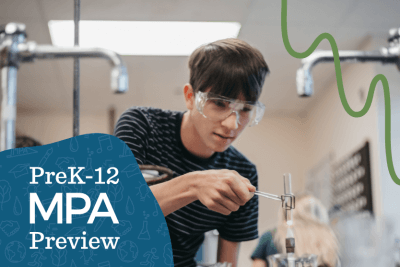 Discover something remarkable at the PreK-12 MPA Preview on Sunday, November 5, 2-4 PM–our largest PreK-12 admission event of the year!
Discover something remarkable at the PreK-12 MPA Preview on Sunday, November 5, 2-4 PM–our largest PreK-12 admission event of the year!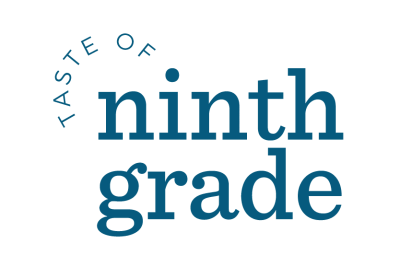 For families exploring ninth grade at MPA, we have a special pre-event immediately before the November 5 MPA Preview. The Taste of Ninth Grade is a lunch event for specifically for prospective ninth graders and their families. This event is your opportunity to learn more about MPA’s ninth grade program specifically. Students will engage in an activity to help them determine their school search priorities, while parents participate in an Upper School Leadership Q&A and hear from MPA’s school psychologist about parenting through the Upper School years.
For families exploring ninth grade at MPA, we have a special pre-event immediately before the November 5 MPA Preview. The Taste of Ninth Grade is a lunch event for specifically for prospective ninth graders and their families. This event is your opportunity to learn more about MPA’s ninth grade program specifically. Students will engage in an activity to help them determine their school search priorities, while parents participate in an Upper School Leadership Q&A and hear from MPA’s school psychologist about parenting through the Upper School years.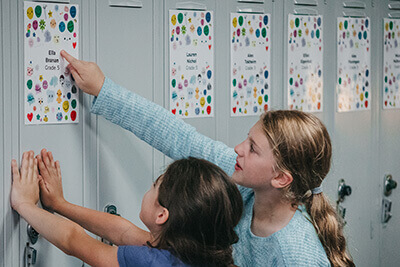 MPA is delighted to announce that the admission application for new students to join us in the fall of 2024 will open on Friday, September 15!
MPA is delighted to announce that the admission application for new students to join us in the fall of 2024 will open on Friday, September 15! Homecoming is quickly approaching with festivities planned for September 26-30! We have several ways for you and your student to get involved in this year’s slate of events.
Homecoming is quickly approaching with festivities planned for September 26-30! We have several ways for you and your student to get involved in this year’s slate of events.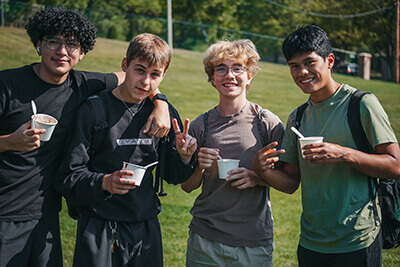 from Bill Hudson, head of school
from Bill Hudson, head of school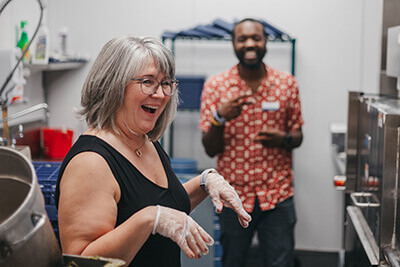 Faculty and Staff Appreciation
Faculty and Staff Appreciation from Dr. Bill Hudson, head of school
from Dr. Bill Hudson, head of school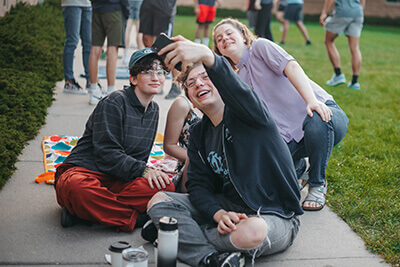 from Mark Segal, Upper School director
from Mark Segal, Upper School director